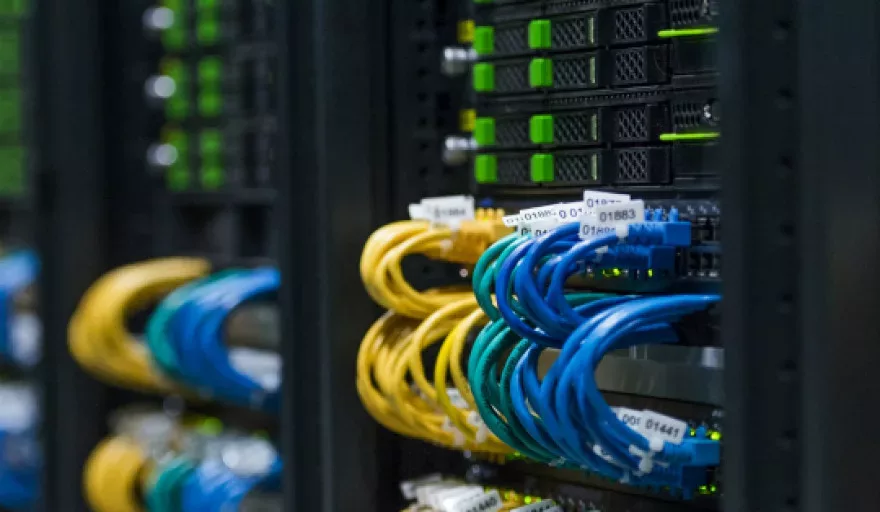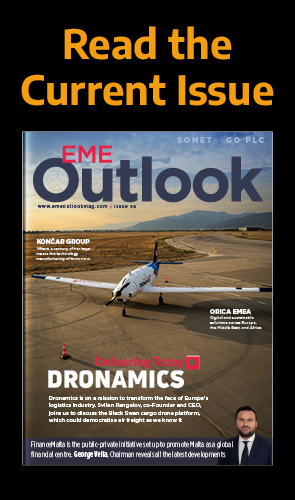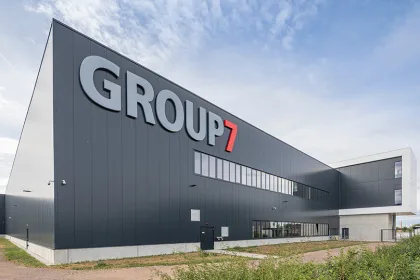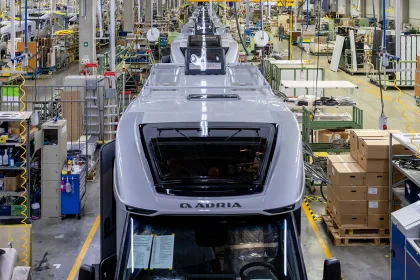Nokia Networks has won a deal with Ooredoo Qatar to deploy its small cells in hotspots across the Middle Eastern country.
The agreement follows a trial using Nokia Networks’ LTE and 3G small cell solution in high-traffic indoor and outdoor locations in the capital, Doha, including the historic Souq Waqif area.
Nokia Networks’ services experts first identified the key hotspots using advanced planning and analysis tools, and Nokia Flexi Zone small cells were then discreetly installed in strategic locations – such as café and restaurant rooftops – to ensure additional capacity, coverage and better network availability, as well as reduce latency.
SMALL CELLS COMPLIMENT MACRO NETWORKS
Nokia Networks’ small cell base stations have the same software and processing capabilities as macro base stations, but require less space and can be deployed more easily and in a highly cost-efficient manner.
With Flexi Zone small cells complementing its existing 4G macro network, Ooredoo Qatar will be able to provide enhanced voice and data services to its customers even in the most crowded indoor and outdoor areas.
“Our customers demand high-quality services, even in complex hotspots and crowded urban zones,” Waleed Al Sayed, Chief Operating Officer of Ooredoo Qatar said. “Nokia Networks small cells will enable us to provide just that: more capacity, higher availability and reduced latency.
“We chose Nokia Networks because the company proved that it can ensure the best network performance.”
Bernard Najm, Vice President and Head of Middle East and Africa, added: “This deal marks an important step forward in our longstanding partnership with Ooredoo Qatar, an operator intensely focused on delivering top quality services to its customers.
“Nokia’s advanced mobile broadband solutions will help Ooredoo achieve its goal of enriching people’s lives and supporting the Qatar National Vision of boosting the knowledge-based economy.”






























